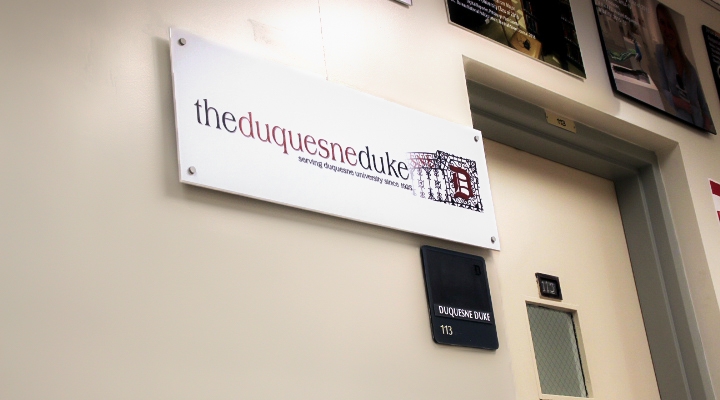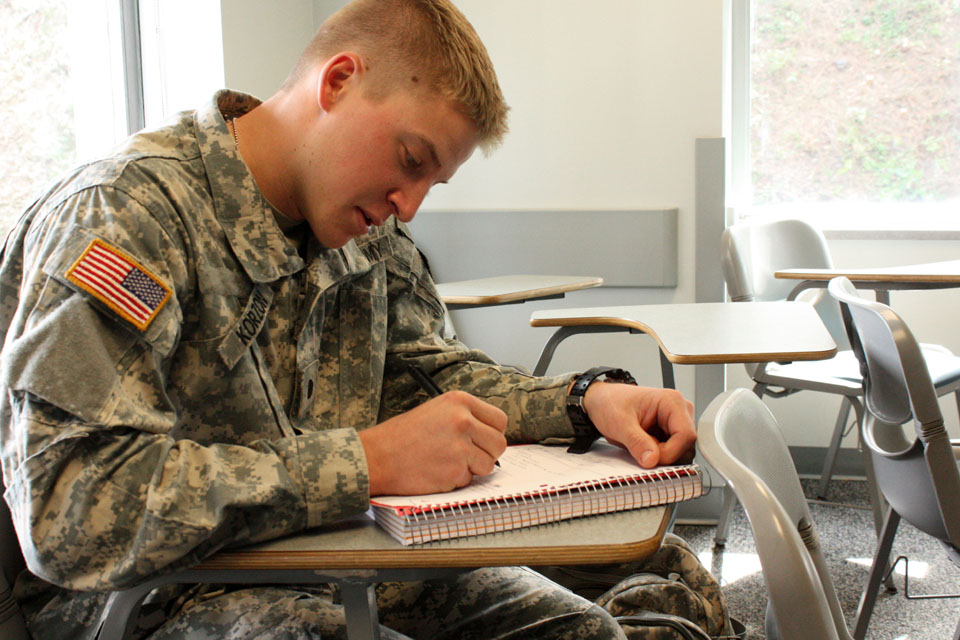
Staff Editorial
Nov. 18, 2021
Accuracy, independence, collaboration, fairness and transparency; these are the five core values of journalism at Poynter Institute.
As a pioneer in journalistic writing and education, Poynter spearheads seminars and stories regarding the ethical controversies often experienced by those in the professional field. And as of late, they’ve been working hard.
For those of us at The Duke heading into our careers in media at the end of this year, it’s disheartening to see the ever-growing distrust in media outlets, and the “fake news” narrative ingrained in society.
Each year, Gallup is tracking the distrust, and this year’s results reached the second lowest in history.
According to their results, only 7% of U.S. adults say they have a “great deal” and 29% a “fair amount” of trust and confidence in newspaper, television and radio reporting — only four points above the record low in 2016.
There’s no unequivocal way to sew trust back into the elaborate quilt of mass media, but Poynter and other institutions of journalism are looking to the local level for a start — a grassroots mission that can cultivate the long-shattered relationship between citizen and press.
On Wednesday afternoon, Duquesne’s Institute for Ethics and Integrity in Journalism hosted an inaugural event to get the conversation started.
The Keynote speaker for the event, Kelly McBride, senior vice president at Poynter, kicked off the conversation stating that American journalism is equivalent to that of an ecosystem; she, as a “forrester” has been called upon to tend to this ecosystem.
“Local news is the intricate root system of American journalism,” McBride said.
There is truth to McBride’s provocations, in that both national and local news, as well as our readership, feed off of one another in a symbiotic relationship. One cannot survive without the other two.
The panelists reviewed common contributors to the issue ranging from the search for an emotional hook to weakened relationships with the communities they cover.
Moving forward, journalists need to care more about their communities than mass producing shallow content framed to gain attention. Instead of competing with neighboring publications to be the first to “get the story out there,” we must instead work together to accurately depict happenings within our communities, while verifying pertinent information.
“The medium is the message,” quoted many panelists throughout the evening.
We, as a publication, agree that our methods of acquiring information have a significant impact on our product.
In the future, we will continue to represent the Duquesne community through accurate coverage, and will cultivate a relationship with the faculty and student body to produce something we’re all proud of. We, and all other mass media outlets, vow to accuracy, independence, collaboration, fairness and transparency.
Your trust allows us to continue doing what we love, so let us tell your story.




